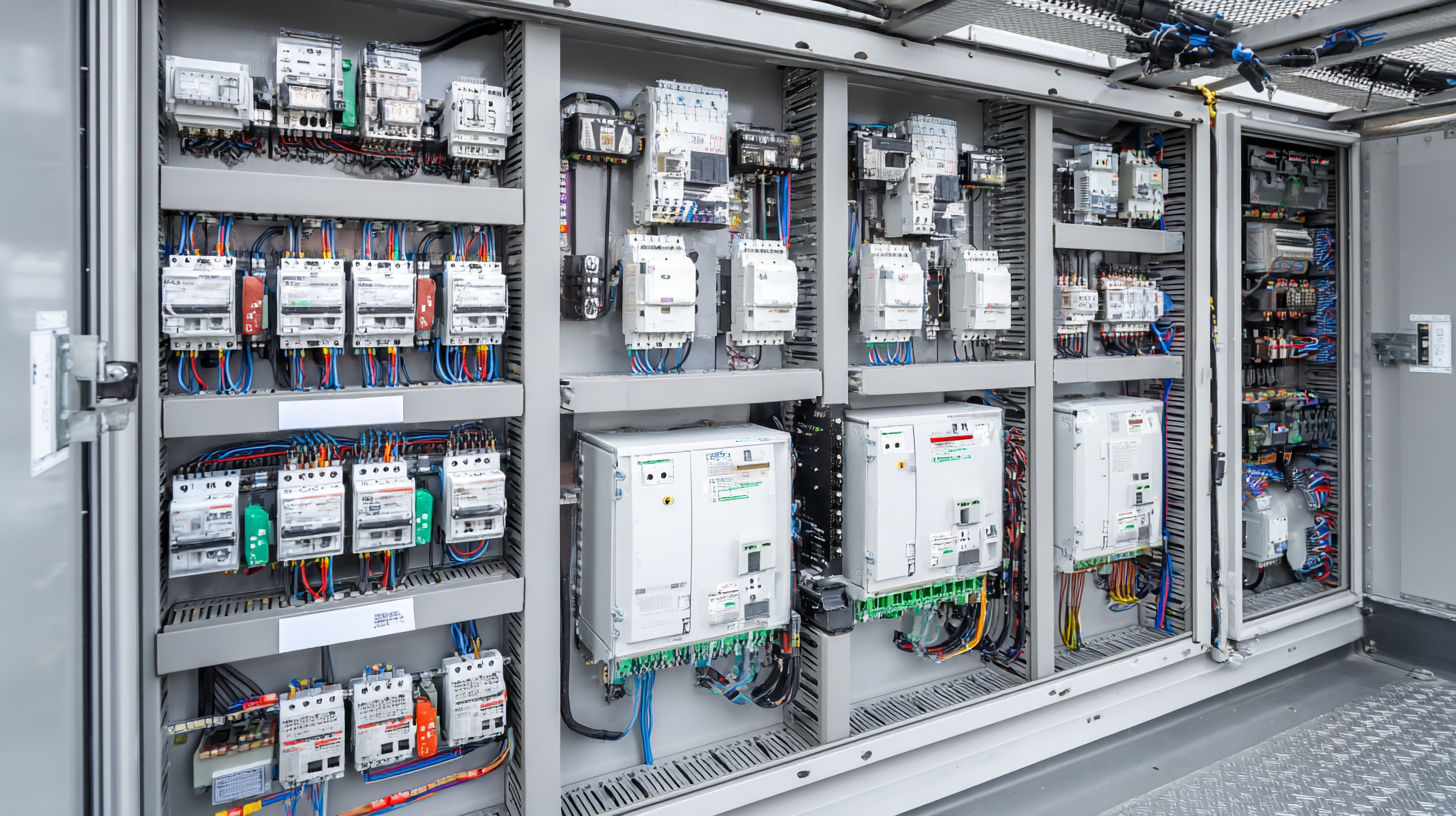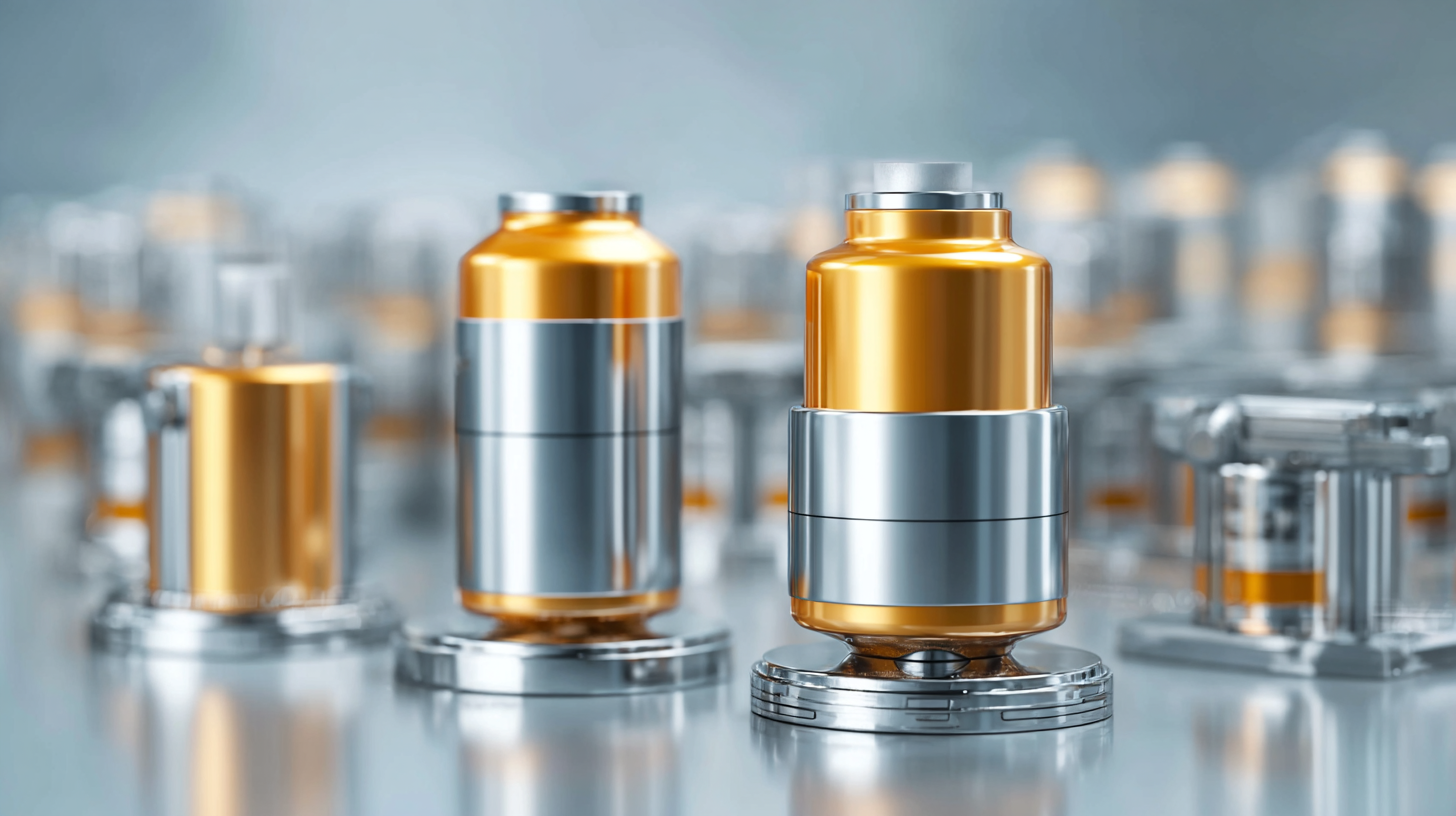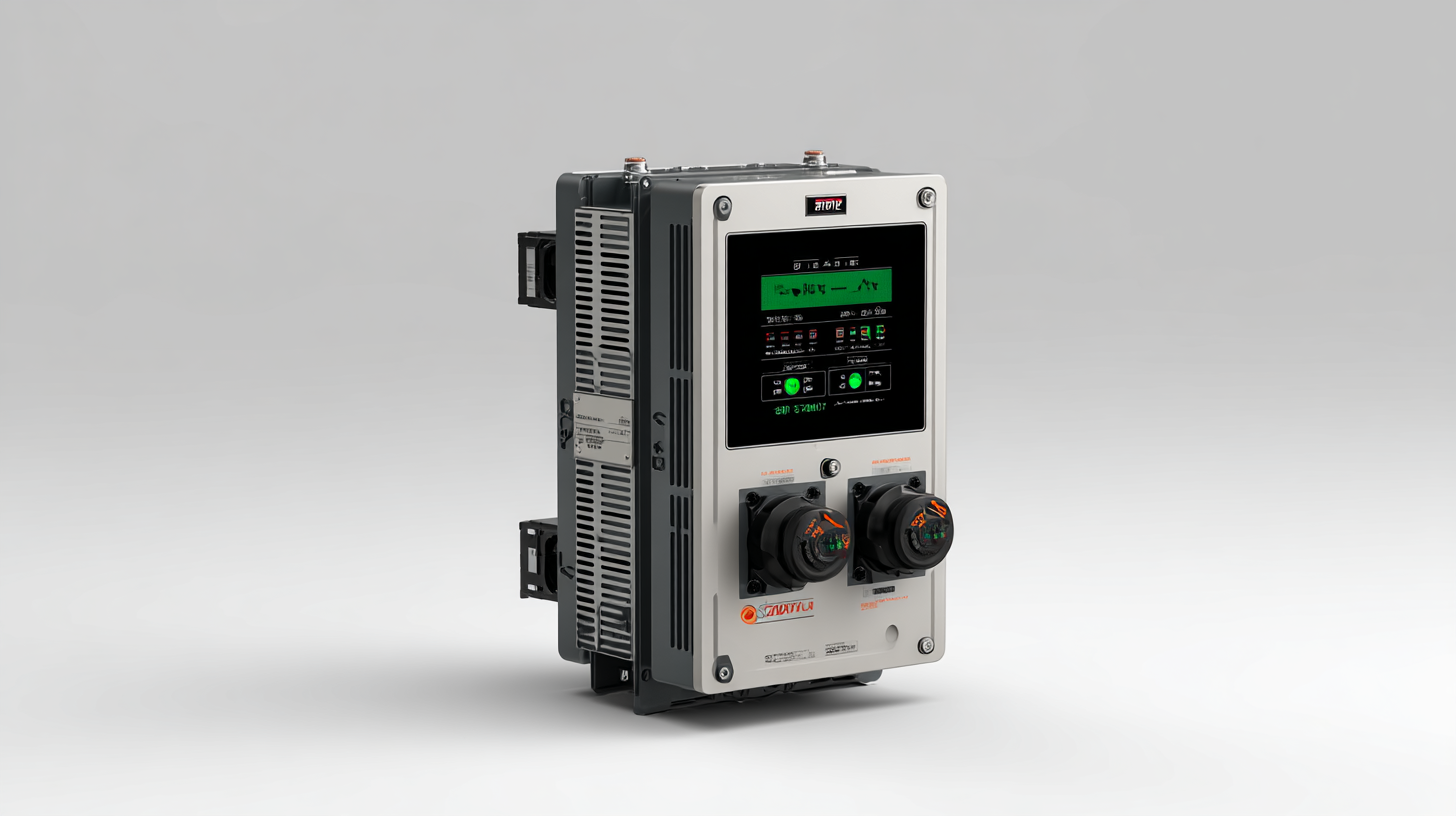5 Ways Best Power Capacitor Enhances Energy Efficiency in Modern Industries
In today's fast-paced industrial landscape, enhancing energy efficiency has become a paramount objective for businesses striving to reduce costs and improve sustainability. One of the most effective solutions to achieve this goal lies in the use of a Power Capacitor. By providing reactive power support and improving power factor, Power Capacitors play a crucial role in optimizing electrical systems across various sectors. Not only do they contribute to significant savings on energy costs, but they also alleviate strain on electrical infrastructure, leading to lower maintenance expenses. Moreover, understanding the after-sales service advantages and repair costs associated with Power Capacitors can enhance decision-making for industries seeking to invest in this technology. In this blog, we will explore five essential ways that Power Capacitors enhance energy efficiency in modern industries and provide practical tips on how to implement these solutions effectively.

Power Capacitors: The Unsung Heroes of Energy Efficiency
In the realm of modern industries, power capacitors have become the unsung heroes of energy efficiency, quietly revolutionizing how energy is managed and consumed. These components play a critical role in improving power factor, which enhances the efficiency of electrical systems. By storing and releasing energy as needed, power capacitors mitigate the waste that usually plagues traditional power supply systems. They provide stability to voltage levels, ensuring that machinery operates optimally without the cost of energy inefficiencies, which can lead to significant savings over time.
Moreover, as industries move towards smart technology integration, the role of power capacitors becomes even more crucial. With the advent of smart meters, which efficiently track energy usage and power quality, the data gathered can inform real-time adjustments facilitated by power capacitors. This synergy enhances overall system performance by reducing energy losses and ensuring that resources are utilized effectively. Thus, while the spotlight often shines on more glamorous technologies, power capacitors silently empower industries to operate smarter and leaner, underscoring their status as true champions of energy efficiency.
Optimizing Industrial Operations with Advanced Power Capacitor Technology
Advanced power capacitor technology plays a pivotal role in optimizing industrial operations, driving efficiency, and reducing energy costs in modern industries. By enhancing energy storage and managing power fluctuations, these capacitors support the smooth functioning of machinery and systems, minimizing downtime and promoting sustainability. As industries increasingly embrace digital transformation, the incorporation of smart technologies and energy solutions becomes essential. This synergy not only enhances operational efficiency but also contributes to a significant reduction in carbon footprints, aligning with global sustainability goals.
The rise of technologies such as artificial intelligence and the Internet of Things further complements the benefits offered by power capacitors. These innovations lead to smarter energy management systems that can monitor and adjust power usage in real-time, ensuring optimal efficiency. As industries continue to evolve, the integration of advanced power capacitor solutions proves crucial in navigating the complexities of modern manufacturing and energy demands. This technological advancement positions companies to better respond to market challenges and capitalize on growth opportunities, ensuring a competitive edge in a rapidly changing landscape.
Reducing Energy Loss: How Power Capacitors Transform Energy Consumption
Power capacitors play a crucial role in modern industries, particularly in enhancing energy efficiency by significantly reducing energy losses. According to recent trends in energy storage technologies, these capacitors contribute to improved power quality and system reliability, which is vital in today's rapidly evolving industrial landscape. For instance, a comprehensive review highlighted the necessity of efficient energy management circuits, which align closely with the functionality provided by power capacitors, especially in applications like medical devices where minimizing energy wastage is critical.
Furthermore, as industries shift towards sustainable practices in response to the exponential growth in global energy demands, innovations such as piezoelectric energy harvesting are being integrated with power capacitors to create self-powered systems. These systems not only ensure reliable energy supply but also facilitate clean energy storage solutions, helping to meet increasing energy needs without harming the environment. Industry reports emphasize that leveraging advanced power electronics and energy storage strategies, such as those involving triboelectric nanogenerators, can further enhance the efficiency and effectiveness of power capacitors in various sectors. This evolution towards smarter energy management not only mitigates energy loss but also supports the broader goal of achieving sustainable industrial practices.
5 Ways Best Power Capacitor Enhances Energy Efficiency in Modern Industries
| Benefit | Description | Impact on Energy Efficiency | Potential Energy Savings (%) |
|---|---|---|---|
| Power Factor Correction | Improves the power factor to reduce energy waste. | Increases efficiency of electrical systems. | 5-10% |
| Voltage Support | Maintains voltage levels under varying load conditions. | Reduces losses in transmission lines. | 3-7% |
| Harmonic Filtering | Reduces harmonic distortion in electrical systems. | Improves the quality of power supply. | 2-6% |
| Load Balancing | Distributes power evenly across phases. | Minimizes losses and improves efficiency. | 4-8% |
| Reactive Power Compensation | Supplies reactive power to systems. | Enhances overall system performance. | 5-15% |
The Role of Power Capacitors in Sustainable Manufacturing Practices
Power capacitors play a crucial role in enhancing energy efficiency within modern industries, serving as pivotal components in sustainable manufacturing practices. These devices improve power factor correction, which effectively reduces the amount of reactive power in electrical systems. By doing so, industries can minimize energy losses and lower their operational costs, making it easier to adopt eco-friendly measures. The implementation of power capacitors not only optimizes energy consumption but also contributes to reducing carbon footprints, aligning industry practices with global sustainability goals.
Moreover, power capacitors support renewable energy integration by stabilizing voltage and enabling better management of fluctuating energy sources such as solar and wind. This stability is essential for maintaining the reliability of energy supply while transitioning to greener alternatives. By incorporating these capacitors, manufacturers can ensure a more resilient energy infrastructure that not only meets current demands but also adapts to future energy challenges. The sustainable manufacturing methods encouraged by the use of power capacitors promote a circular economy and foster innovation in energy-efficient technologies, demonstrating the increasing importance of these components in the quest for a more sustainable industrial landscape.

Cost-Effectiveness: Financial Benefits of Implementing Power Capacitors in Industries
 Cost-effectiveness is a crucial factor for industries looking to enhance their energy efficiency, and power capacitors play a significant role in this regard. By storing and releasing energy as needed, they help prevent energy losses during peak demand periods, thereby reducing electricity costs. Implementing power capacitors can lead to significant financial savings while ensuring that energy usage is optimized. Industries that adopt these technologies witness lower operational costs and improved financial performance.
Cost-effectiveness is a crucial factor for industries looking to enhance their energy efficiency, and power capacitors play a significant role in this regard. By storing and releasing energy as needed, they help prevent energy losses during peak demand periods, thereby reducing electricity costs. Implementing power capacitors can lead to significant financial savings while ensuring that energy usage is optimized. Industries that adopt these technologies witness lower operational costs and improved financial performance.
One of the essential tips for industries considering power capacitors is to assess their specific energy needs carefully. By conducting a thorough analysis of energy consumption patterns, businesses can identify the optimal size and type of power capacitor that will deliver the most cost-effective results. Additionally, regular maintenance and monitoring of these systems can further enhance their efficiency and lifespan, ensuring that industries continue to reap financial benefits.
Furthermore, integrating renewable energy sources with power capacitors can amplify cost savings while contributing to sustainability goals. By aligning energy storage technologies with green initiatives, industries not only decrease their carbon footprints but can also leverage financial incentives associated with renewable energy adoption. This dual strategy fosters an economically viable path toward a greener future.
